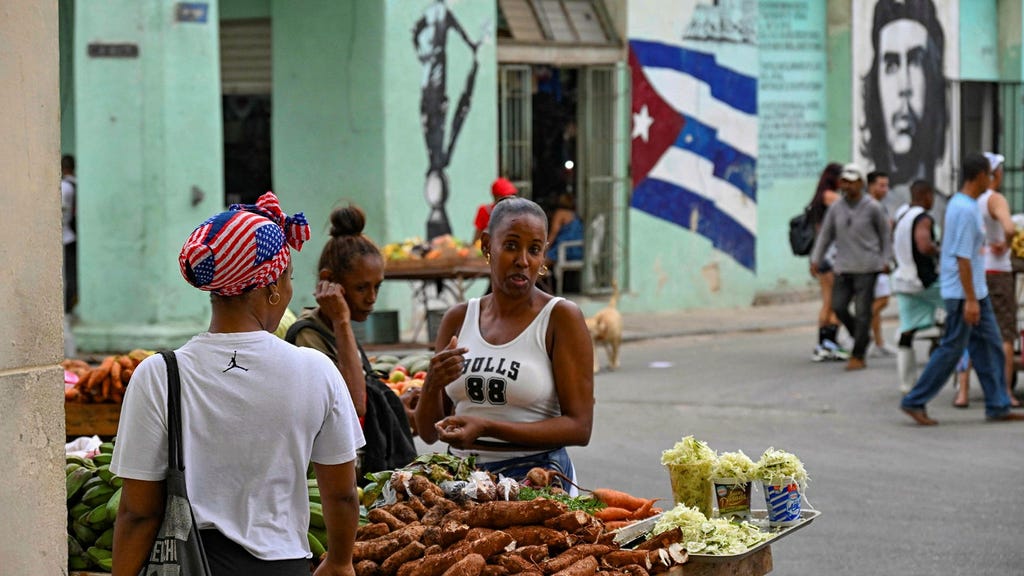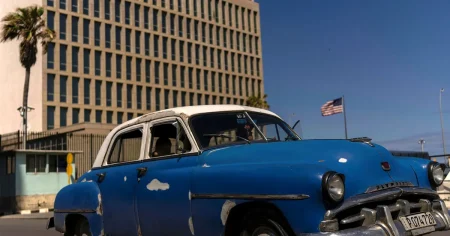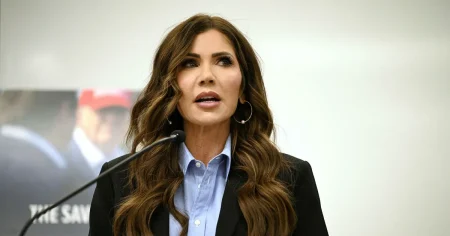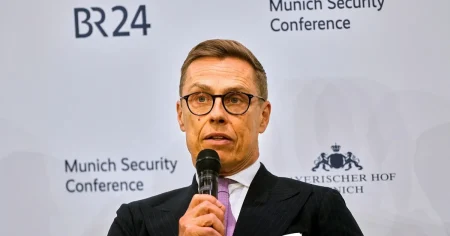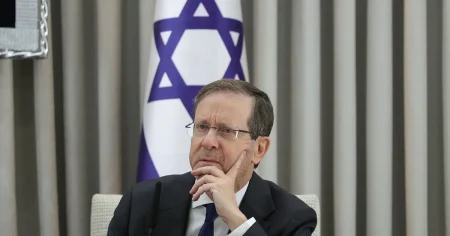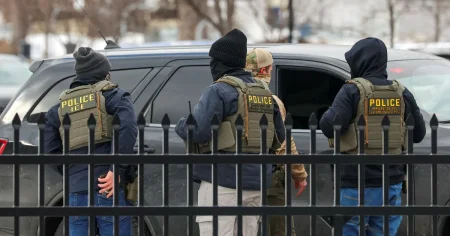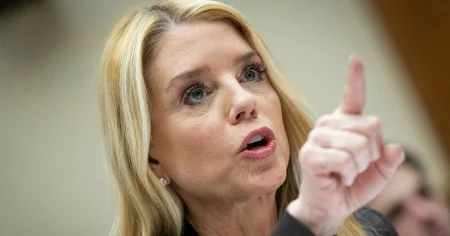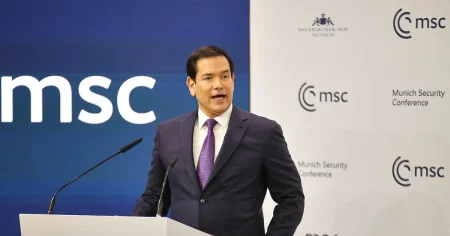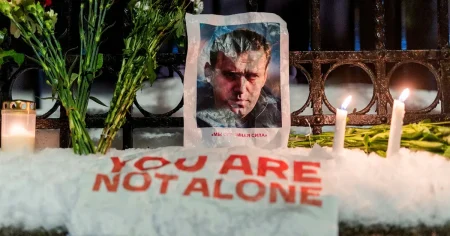The United States, under the Biden administration, has formally removed Cuba from its list of state sponsors of terrorism, a move facilitated by Pope Francis. This decision marks a significant shift in US-Cuban relations and comes as part of a prisoner exchange agreement. In return for this delisting, the Cuban government has pledged to release 553 political prisoners. The Biden administration justified its decision by stating that after a thorough review, it found no evidence to support Cuba’s continued designation as a state sponsor of terrorism. This development has been widely perceived as a positive step towards normalizing relations between the two countries, although significant challenges remain, particularly regarding the ongoing US economic embargo against Cuba.
The Cuban government, while welcoming the removal from the terrorism list, has also expressed strong criticism of the continued economic embargo. Cuban Foreign Minister Bruno Rodríguez acknowledged the delisting as a step in the right direction, aligning with the demands of the Cuban people. However, he also emphasized the enduring hardship caused by the embargo, characterizing it as an ”economic war” that severely hinders Cuba’s development and recovery. This sentiment underscores the complex and multifaceted nature of the relationship between the two nations, where even positive steps are overshadowed by longstanding grievances and unresolved issues. The Cuban government views the embargo as a major obstacle to its economic progress and sees its removal as a crucial step towards true normalization of relations.
The prisoner release agreement holds the promise of freedom for numerous political prisoners, including prominent figures like dissident and human rights activist José Daniel Ferrer and artists Luis Manuel Otero Alcántara and Maykel “Osorbo” Castillo Pérez. It also raises hopes for the release of individuals detained during the anti-government protests sparked by power outages in Havana four years ago. The timing of the release is critical, given the impending change in US presidential administrations. With former President Donald Trump, who originally reinstated Cuba’s designation as a state sponsor of terrorism in 2021, potentially returning to office, concerns exist about the durability of this agreement.
The rationale behind Trump’s 2021 decision was based on allegations of Cuba providing safe haven to terrorists and supporting international terrorist attacks. This adds a layer of uncertainty to the current situation, with speculation about whether a returning Trump administration would reverse the Biden administration’s decision. While the release of prisoners is likely irreversible, the overall trajectory of US-Cuban relations remains uncertain. Cuban activists, like Maykel González Vivero, have expressed hope that the Cuban people will no longer be pawns in political maneuvering, highlighting the human cost of the ongoing tensions.
The Biden administration’s decision has drawn sharp criticism from several Republican senators, including Florida Senator Rick Scott, who characterized it as a dangerous concession to dictators and terrorists. This partisan divide underscores the politically charged nature of US-Cuba relations and the challenges in achieving bipartisan consensus on policy towards Cuba. Scott’s statement reflects a hardline stance against the Cuban government and foreshadows potential opposition to further normalization efforts should Republicans regain control of the White House or Congress. This domestic political dynamic adds another layer of complexity to the already delicate relationship.
International reaction to the delisting has been largely positive. Leaders in Latin America, including presidents Lula da Silva of Brazil, Gustavo Petro of Colombia, and Gabriel Boric of Chile, have welcomed the move and expressed hope for the eventual lifting of the decades-long US trade embargo. This regional support for improved US-Cuban relations highlights the broader international context and the potential for increased regional cooperation should relations continue to thaw. The removal of Cuba from the list of state sponsors of terrorism has been broadly welcomed as a positive step toward a more constructive relationship, both bilaterally and within the wider regional context. However, the long-term impact of this decision remains to be seen, particularly given the complex political landscape both within the US and in the region.





